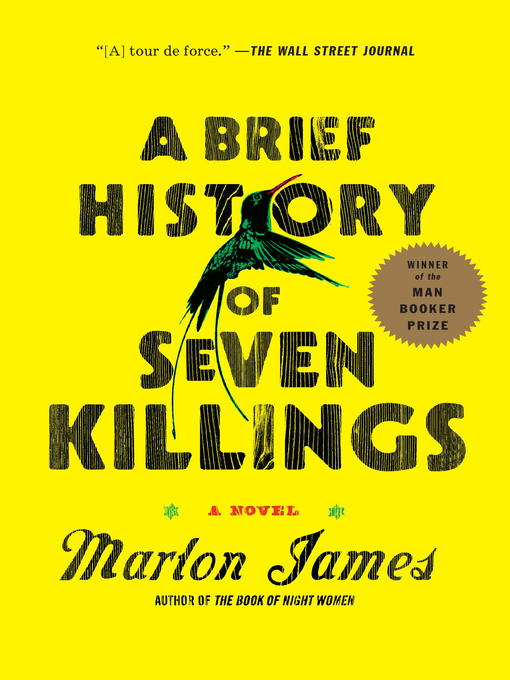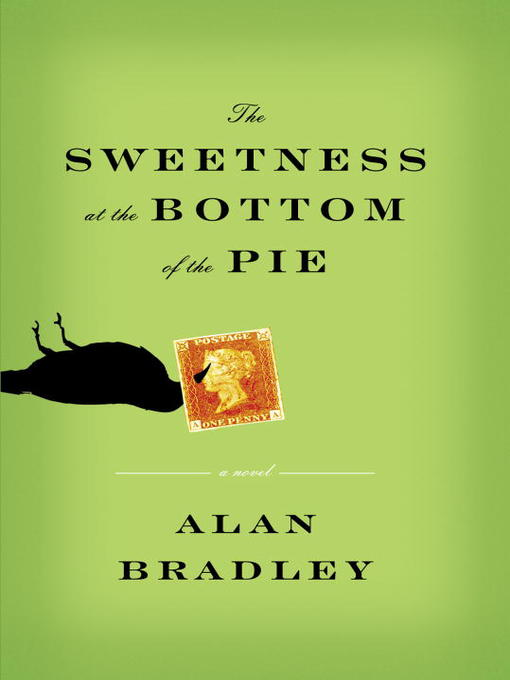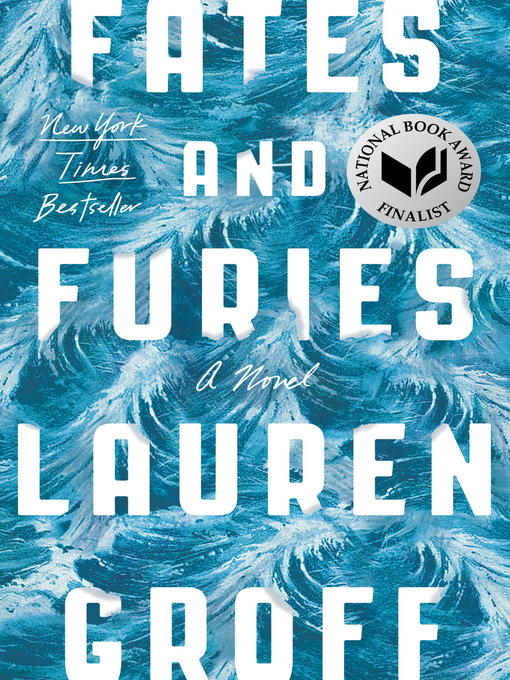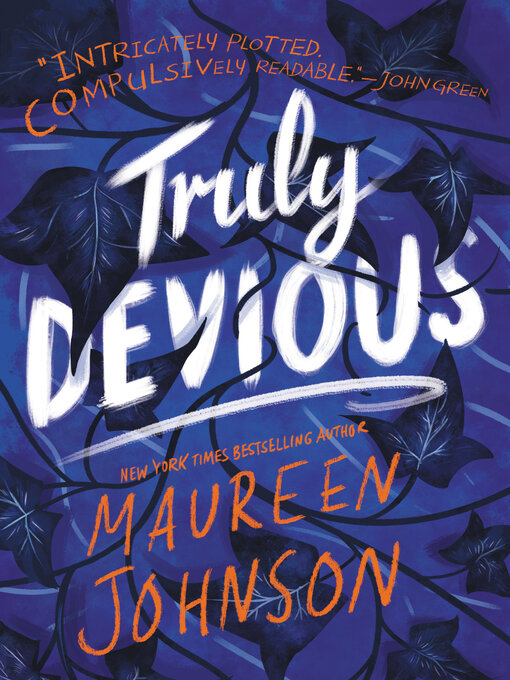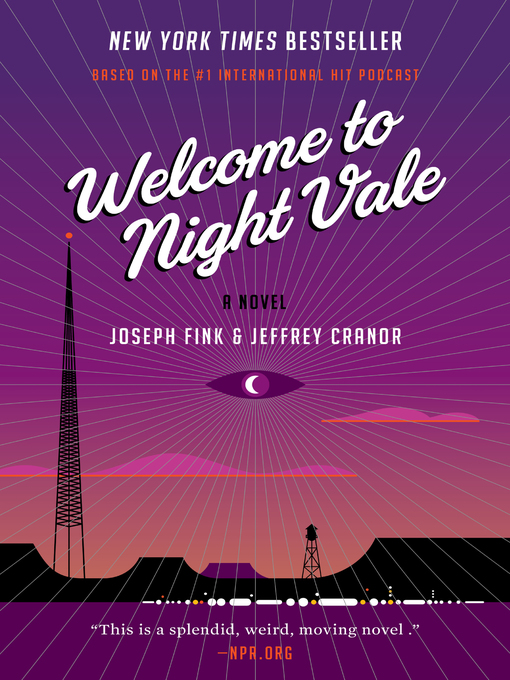From completing job application to finishing up assignments for courses, most of us have hit one of the busiest times in the semester. With the opportunity to apply new skills first-hand to current projects, now is the perfect time to acquire new study and writing skills! To help with this, our March book display, “Writing Success,” is sure to come in handy.
Whether you’re looking for grammar tips or step-by-step guides, this book display has all the tools you need to elevate your writing.
Below are a few picks from the March book display. For the full collection, check out the in-person display at the McLennan-Redpath Library.
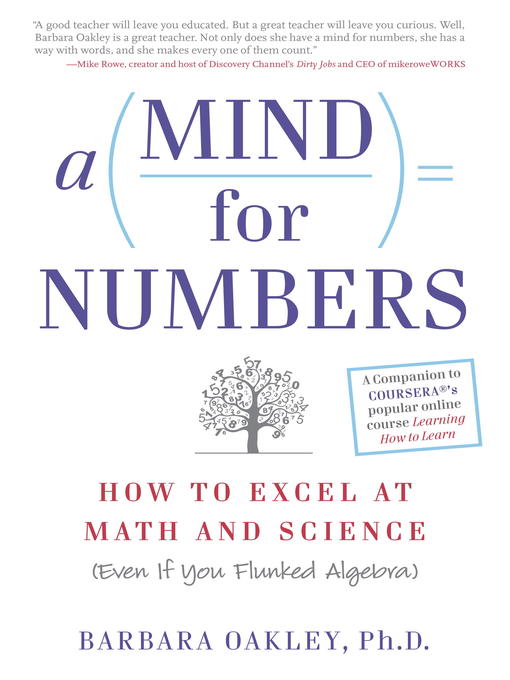
A Mind For Numbers by Barbara Oakley
Whether you are a student struggling to fulfill a math or science requirement, or you are embarking on a career change that requires a new skill set, A Mind for Numbers offers the tools you need to get a better grasp of that intimidating material.
English Grammar For Dummies by Wendy M. Anderson
Graceless with grammar? Perplexed by punctuation? Have no fear! This second Australian edition of English Grammar For Dummies explains everything from basic sentence structure to the finer points of grammar. Packed with expert advice, this book will help you to communicate more effectively and make the right impression every time.

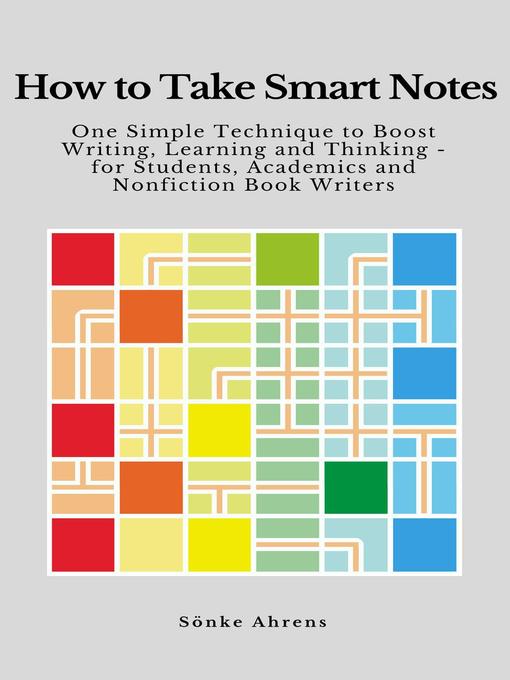
How to Take Smart Notes by Sönke Ahrens
The key to good and efficient writing lies in the intelligent organisation of ideas and notes. This book helps students, academics and nonfiction writers to get more done, write intelligent texts and learn for the long run. It teaches you how to take smart notes and ensure they bring you and your projects forward.
The Study Skills Guide by Jacqueline Connelly and Patrick Forsyth
The Study Skills Guide covers the essential skills that lead to success at university. With advice on how to work efficiently and achieve great results, this comprehensive guide offers practical and proven ways to cope with the challenges you will face.
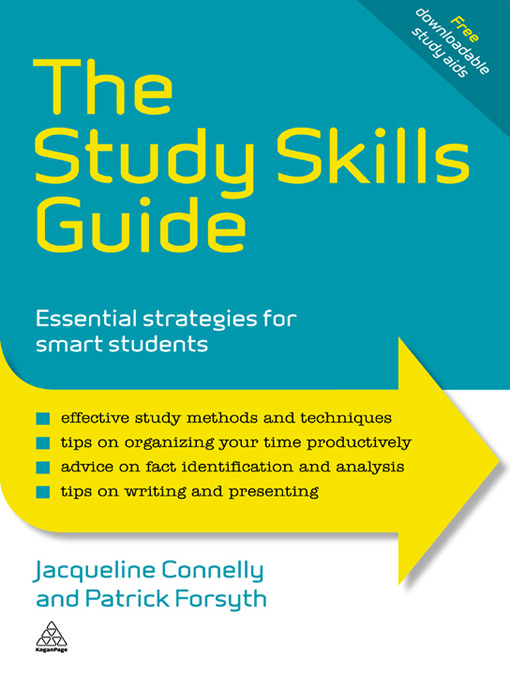

How to Write a Thesis by Rowena Murray
This invaluable book covers issues such as working out the criteria for your thesis, writer’s block, writing a literature review, making notes into a draft and much more.






